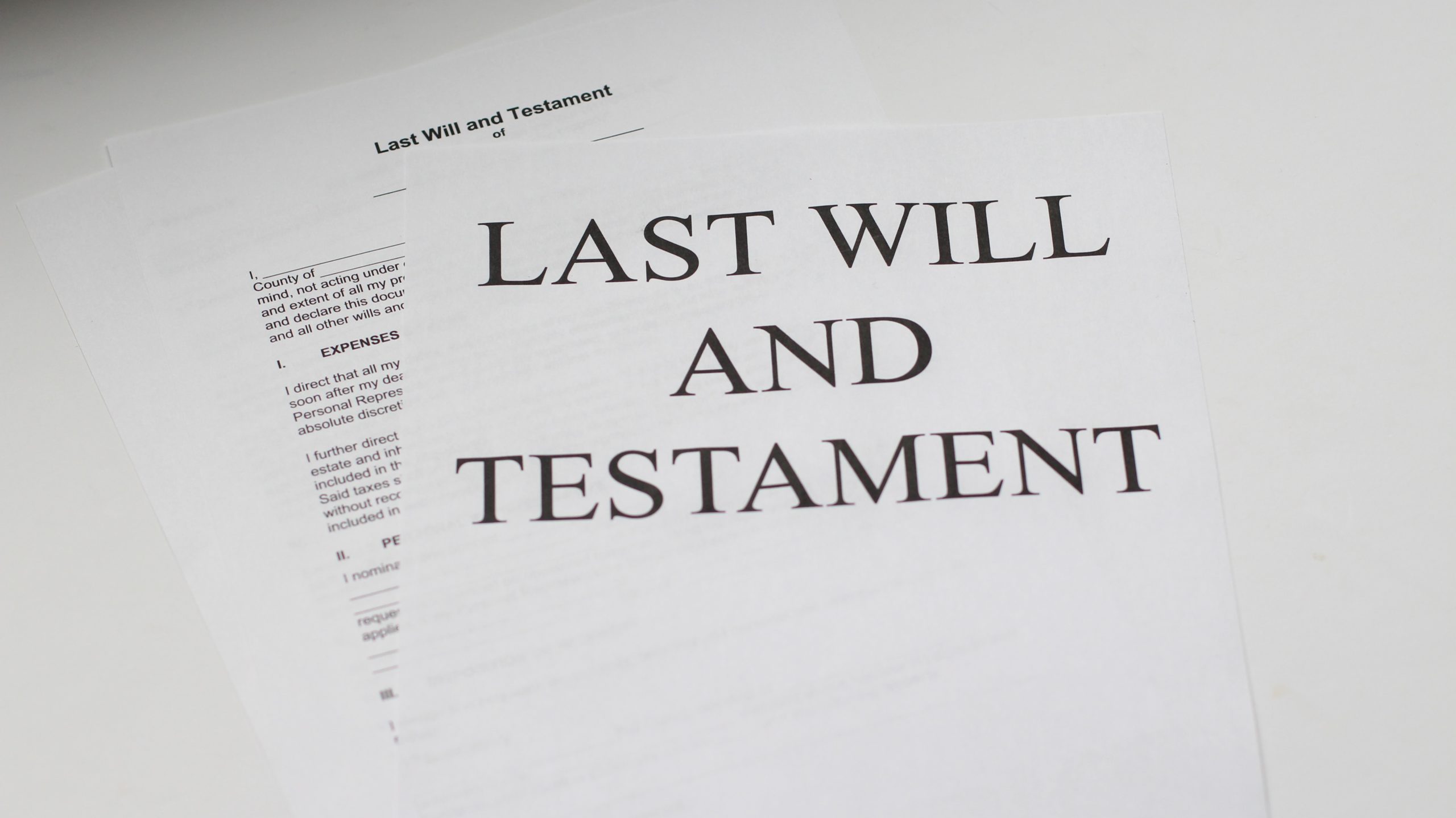I Created an Estate Plan When My Spouse and I Had Kids, Why Should I Update it Now?

Posted on April 22, 2021 by Konrad Miernowski
When you were younger, after getting married and having children, you met with a lawyer and created an estate plan. Now the kids are grown, finished with college, and are is settled in their adult lives. Of your three children, two are married. One has your first grandchild on the way. Your retirement is still 10-15 years off. You and your spouse are reasonably healthy and still young – in your mid-50s. You do not need to worry about updating your estate plan yet, right?
WRONG. There are a number of life events that should be either reflected in your estate plan or shared with an advisor to determine if any updates are needed. Here are just a few:
- You have divorced, been widowed, remarried or are in a relationship and living together. Any major change in your family (new arrivals or departures) and relationships should cause you to review your estate plan to ensure that your estate is going where YOU want it to go.
- Your children have grown up, matured or are having issues. This is a great time to review your estate plan to see if any additional safeguards should be implemented for your children’s benefit or if, conversely, it makes more sense to reduce or eliminate existing safeguards now that your children have matured.
- You have moved to another state. Different states often have different probate and tax laws. You should meet with a state-licensed estate planning professional in the state of your residence to ensure your plan is valid and whether any state specific plans should be implemented.
- Your estate has grown significantly. As we age, our financial situation frequently changes with us. You should periodically review your estate plan as it compares to your current financial situation. As your estate grows, it is important to be mindful of tax impacts depending on the size and jurisdiction in which you reside. A good estate planner will be able to identify any tax exposure and provide options on how to decrease or eliminate estate taxes.
- You want to create (or change) a philanthropic legacy. Whether you want to bequeath a sum of money to a charitable organization, an institution of higher learning, or an arts organization, charitable intentions evolve as your life and priorities change. Regularly review your philanthropic bequests to ensure they are supporting the causes and organizations in the amounts you intend.
- You may need to change important individuals within your estate plan. If you selected a Personal Representative, Agent for your Power of Attorney, or Trustee many years ago, you will want to revisit this selection and make sure it is still appropriate for your current family and estate situation.
- You start or purchase a new business. Many business owners are great at building successful businesses. Fewer business owners have a good succession plan or properly incorporate it into their estate plan.
- You purchased a second or third home out of state. Purchasing a vacation home in another state can be exhilarating, but it also can require your estate to probate in more than one state. With proper planning, ancillary probates can be avoided.
Your estate plan needs to respond to the changes that happen in your life, and should generally be updated every three to five years – or more frequently – if there have been any major changes to your life or your estate. As your family and financial picture changes, so should your estate plan. The Estate Planning lawyers at Lasher Holzapfel Sperry & Ebberson are happy to work with you to update your estate plan.

